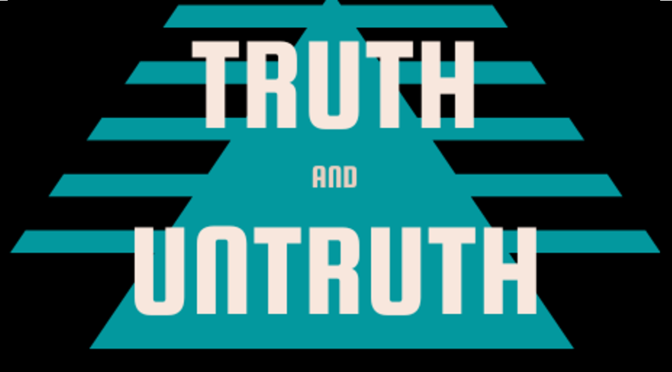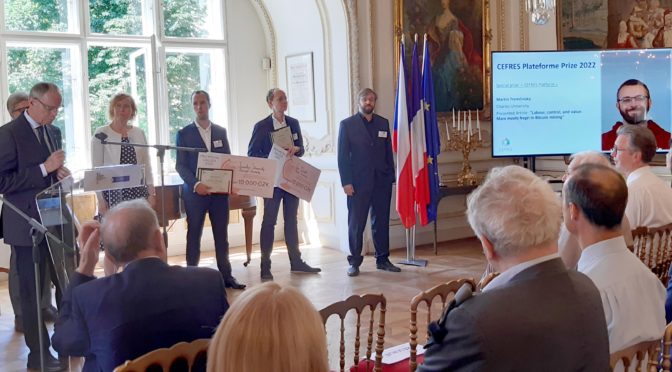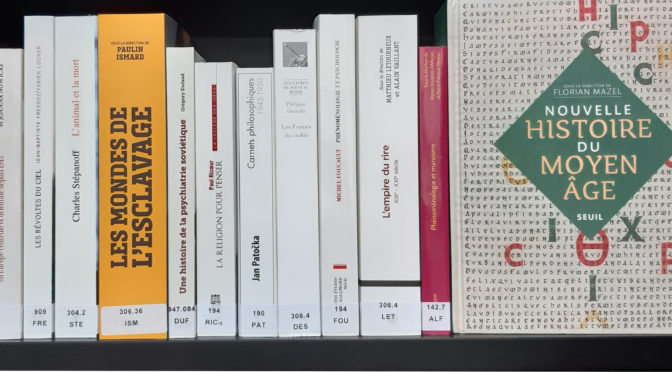PhD Fellows Team 2021–2022
Contact: veronique.gruca(@)cefres.cz
is a PhD student at Paris-Nanterre University. Her PhD dissertation, entitled Family Stories. Sociability, Rituals and Everyday Life among the Mongolian Buryat Herders, contributes to CEFRES research area 1.
Contact: jan.kremer(@)cefres.cz
is a PhD student at Charles University in Prague. His PhD dissertation, entitled The Digital Game as a Historical Representation – Medievalism and Czech Historical Culture, contributes to CEFRES research area 3.
Contact: nikola.ludlova(@)cefres.cz
is a PhD student at the Department of History of the Central European University in Budapest. Her PhD dissertation, entitled Roma as an Object of Science and State Polices. Knowledge and Citizens in the Making in Post-war Czechoslovakia, 1945–1989, contributes to CEFRES research area 2.
Contact: vojtech.pojar(@)cefres.cz
is a PhD student at the Central European University in Budapest. His PhD dissertation, entitled Experts in Post-Imperial Transitions: Entanglements and Diverging Trajectories of Eugenicists between the Habsburg Empire and the Nation States, 1912-1939 contributes to CEFRES research area 1.
Contact: agnieszka.sobolewska(@)cefres.cz
is a PhD student at the Warsaw and Sorbonne University. Her PhD dissertation, entitled Between Self-Analysis and Autobiography. Everyday Writing Practices of Freud’s First Disciples and the importance of intimate documents for the developpement of Freudian theory, contributes to CEFRES research area 2.
Associated PhD students 2021–2022
Contact: honore.banidje(@)cefres.cz
is a PhD student in history at the Faculty of Education of Charles University in Prague. His researches focus on The National Construction in Benin (1894–1975) through the Central-European prism, and aims to compare national processes in African states established after decolonial movements, specially Benin, with “successor states” born after the dislocation of Central Powers in Central Europe, Czechoslovakia in particular.
Contact: adrien.beauduin(@)cefres.cz
is a PhD student at the Central European University in Budapest. His thesis focuses on the ideas and members of new right-wing political parties in Czechia and Poland and contributes to the CEFRES research areas 2 and 3.
Contact: alice.clabaut.billier(@)gmail.com
is a PhD student in cotutelle between Charles University (Prague) and Sorbonne Université (Paris), under the supervision of Florence Naugrette, Elisabeth Angel-Perez, and Petr Christov. Her dissertation, entitled Staging and reception of Samuel Beckett’s theatre in France, Germany and the Czech Republic after the fall of the Berlin Wall, contributes to CEFRES research area 1.
Contact: astrid.grevekristensen(@)cefres.cz
is a PhD student at Sorbonne University, Paris, under the supervision of Clara Royer. Her dissertation is entitled Strangers in a Strange Land: Orphans of East-Central European Literature and the Turn towards the Village, and contributes to CEFRES research area 3.
Contact: fernandes@cefres.cz
is a PhD student at the School for Advanced Studies in the Social Sciences (EHESS) in Paris, affiliated with the Interdisciplinary Institute of Anthropology of the Contemporary (IIAC), under the guidance of Sophie Wahnich. His dissertation entitled Rise of a Merchant Nation: An Ethnography of Vietnamese Bazaar Economy in Central Europe, contributes to CEFRES research area 1.
Contact: adela.klinerova(@)cefres.cz
is a PhD student in cotutelle between the Charles University (Prague) and the École pratique des hautes études (Paris), under the supervision of Richard Biegel and Sabine Frommel. Her dissertation, entitled: Modern French Architecture in the Context of Czech and East-Central European Nineteenth-Century Architecture, contributes to CEFRES research area 1.
Contact: barbora.kyereko(@)cefres.cz
is a PhD student at the Charles University in Prague. Her PhD dissertation, entitled Ghana in Cocoa, Cocoa in Ghana: A Study of Theobroma Cacao L. within its Parameters of Time, contributes to CEFRES research area 3.
Contact: dusan.ljuboja(@)cefres.cz
is a PhD student at Eötvös Loránd University in Budapest. His dissertation, entitled The State, Nationalism and Pan-Slavism in the “Age of Metternich” (1815–1848) — The Case of the Serbs of Pest and Buda, contributes to CEFRES research area 3.
Contact: yuliya.moskvina(@)cefres.cz
is a PhD student at the Faculty of Social Sciences of Charles University (Prague) under the supervision of Paul Blokker. Her dissertation in sociology, entitled: Squat, State, Society, contributes to CEFRES research area 2.
Contact: perodeau.arthur(@)gmail.com
is a PhD student at the EHESS (Paris) and at Charles University. His dissertation focuses on The Chronicle of the Czechs by Cosmas and its Influence on Practices and Uses of History till the Beginning of the 13th Century and contributes to CEFRES research area 3.
contact: pascal.charles.schneider(@)gmail.com
is a co-supervised Phd student at Paris-Sorbonne University (Paris IV) and Saarland University, under the supervision of Johann Chapoutot and Dietmar Hüser. His dissertation in contemporary History, entitled: NSDAP Member’s Sociology: the Germans’ Workers National-Socialist Party in the Annexed Territories of the IIIrd Reich (Alsace, Moselle, Eupen-Malmédy, Sudètes) from 1938 to 1944, contributes to CEFRES research area 2.
Contact: florence.vychytil-baudoux(@)cefres.cz
is a PhD student at the EHESS (Paris) under the supervision of Nancy L. Green. Her dissertation in history, entitled Between Citizenship, Ethnicity and the Politics of Exile: The Logics of Polonia‘s Political Integration in France, the United States and Canada, 1945–1980, contributes to CEFRES research area 1




